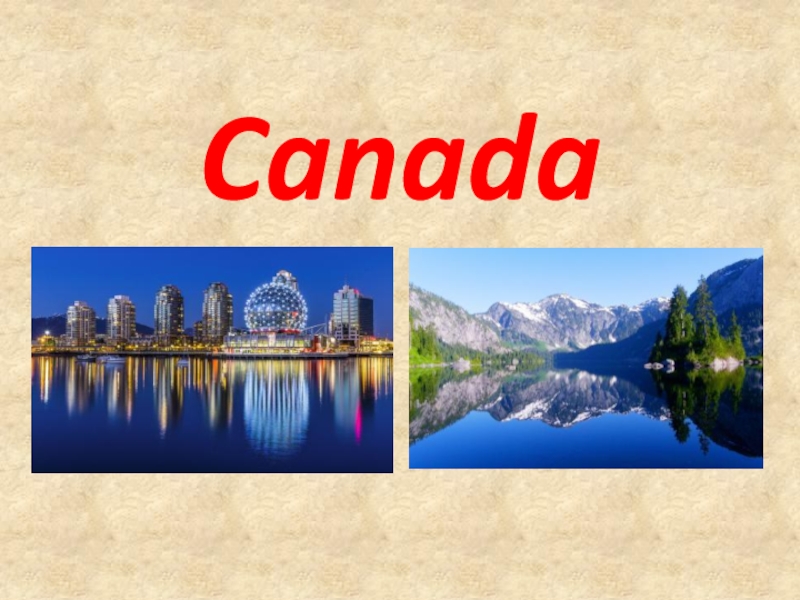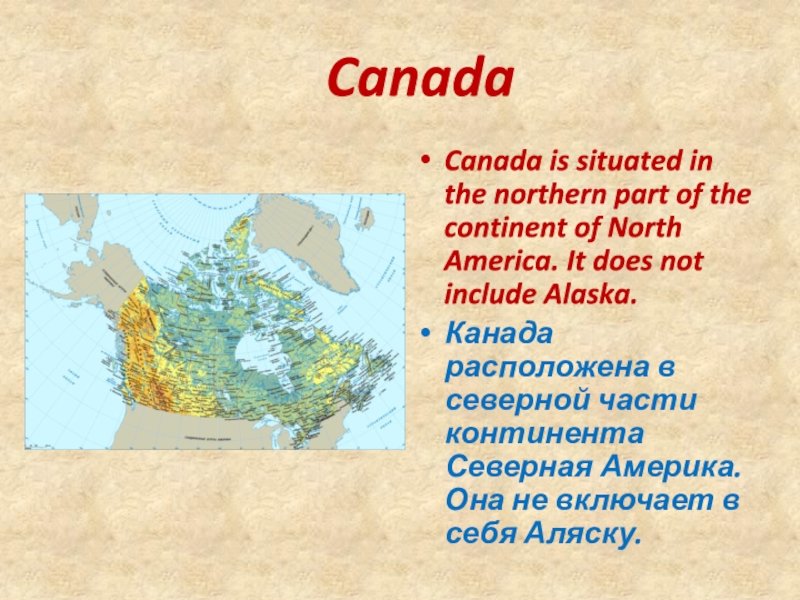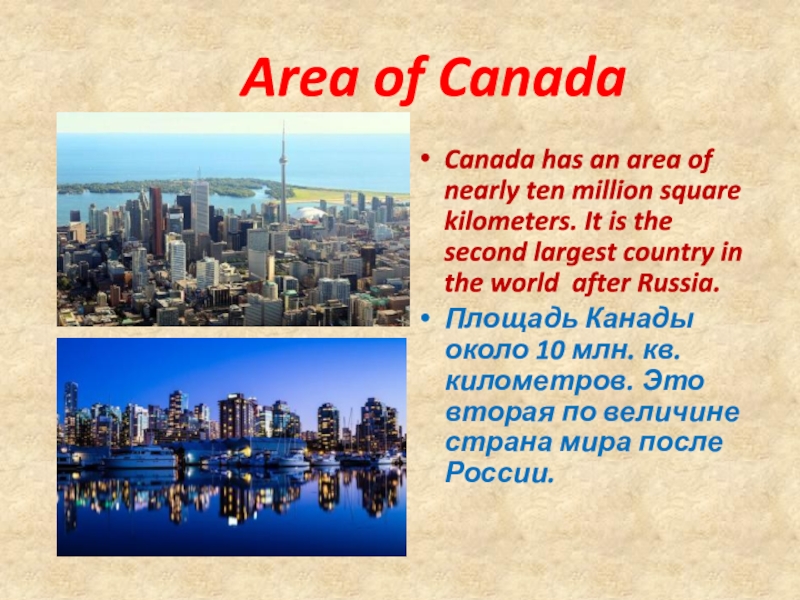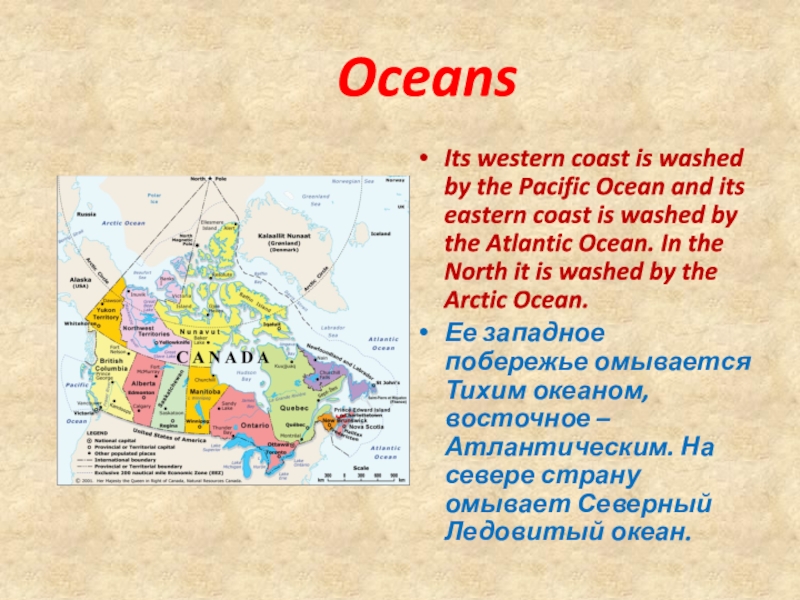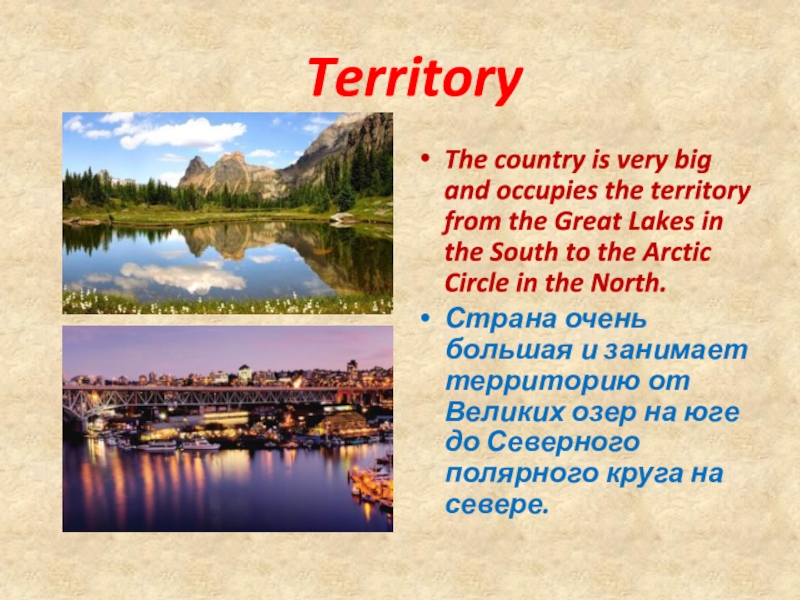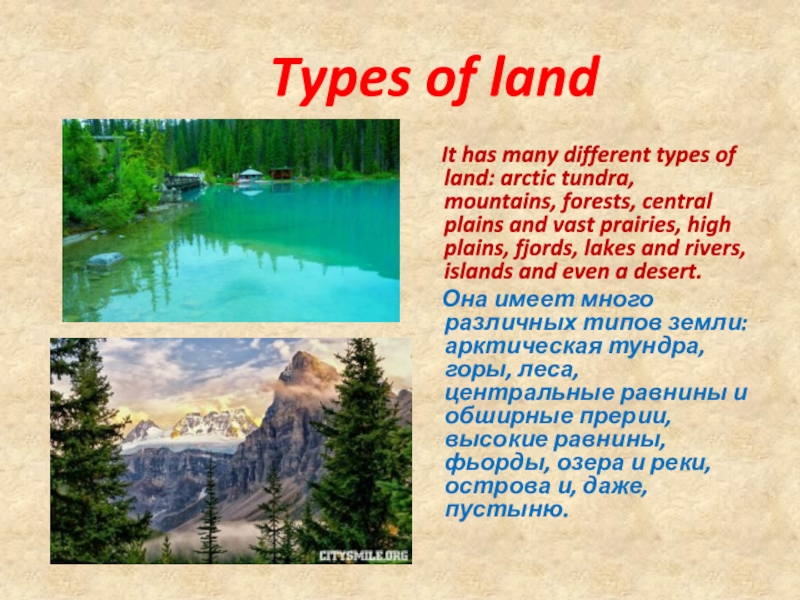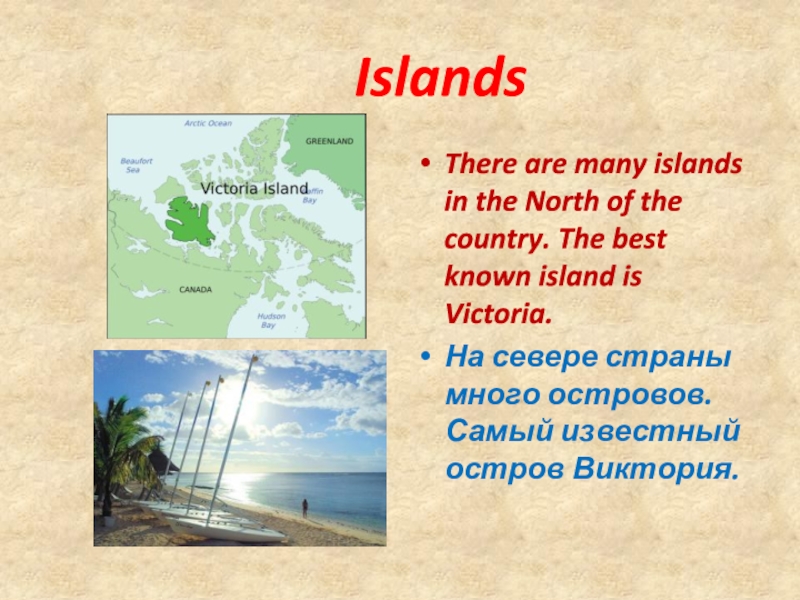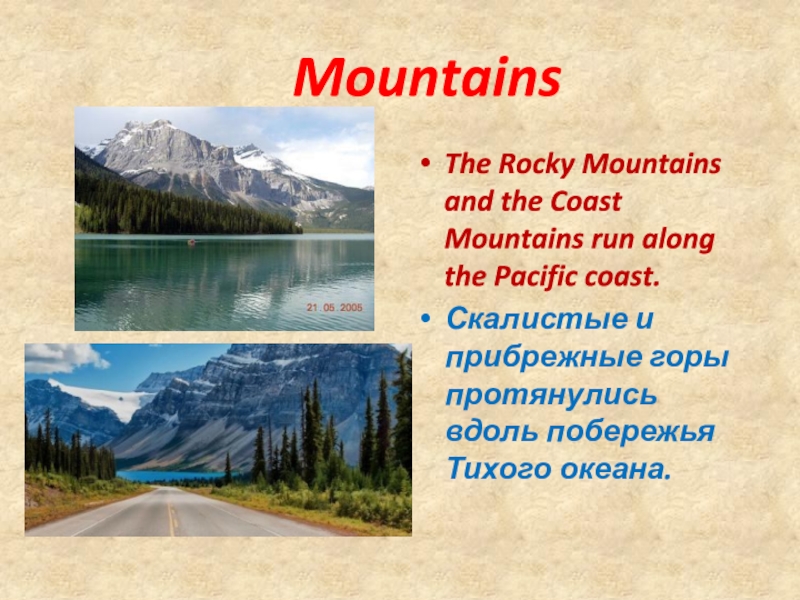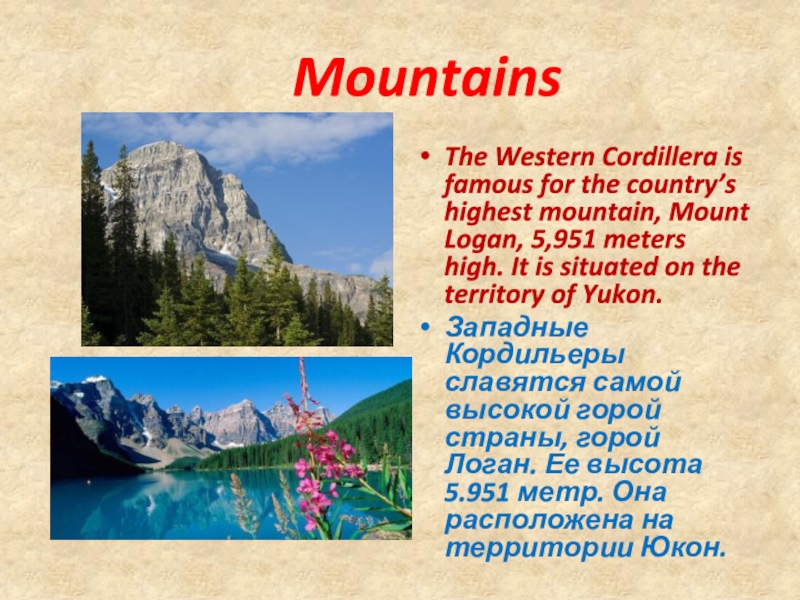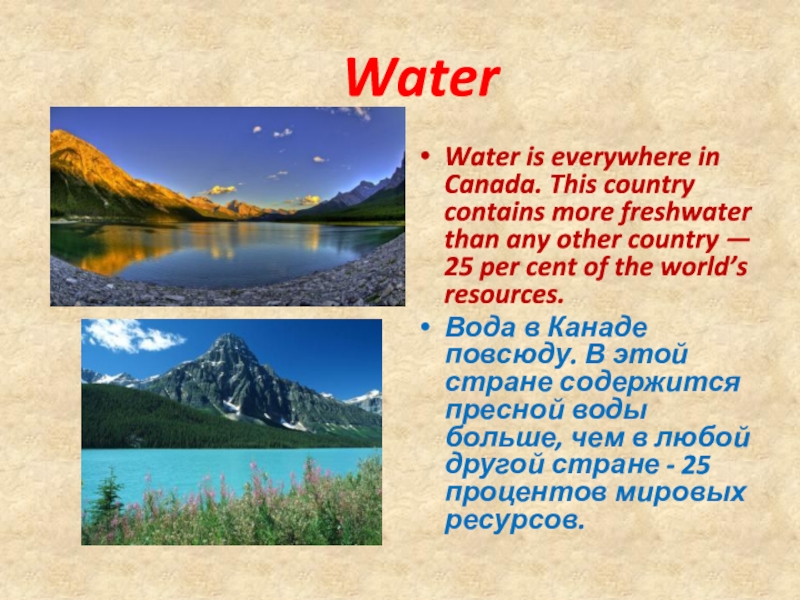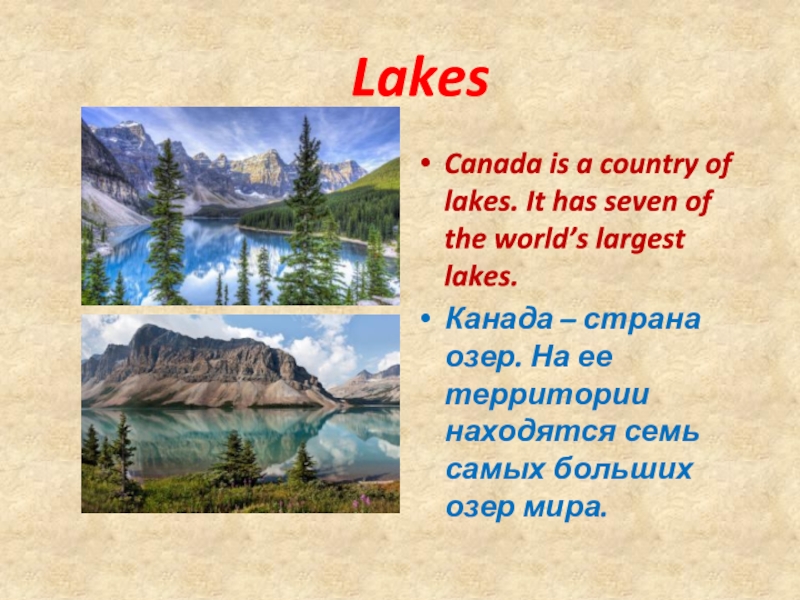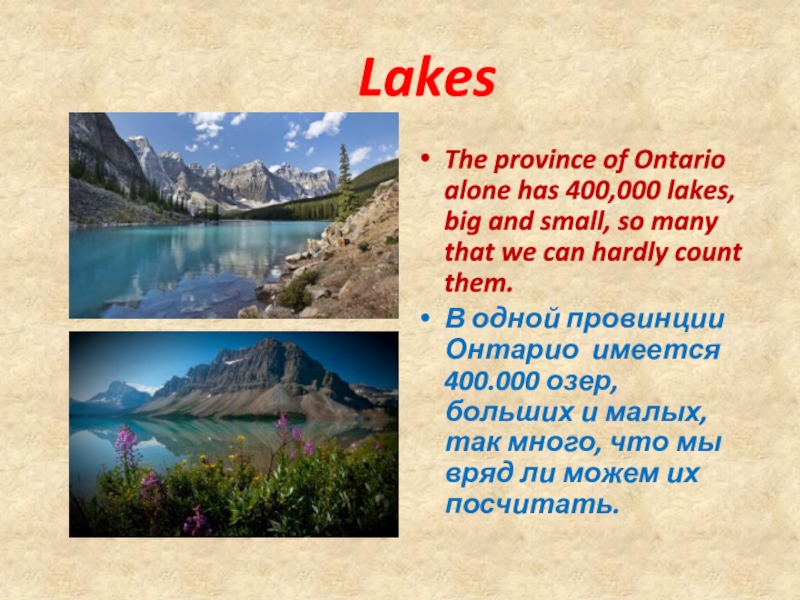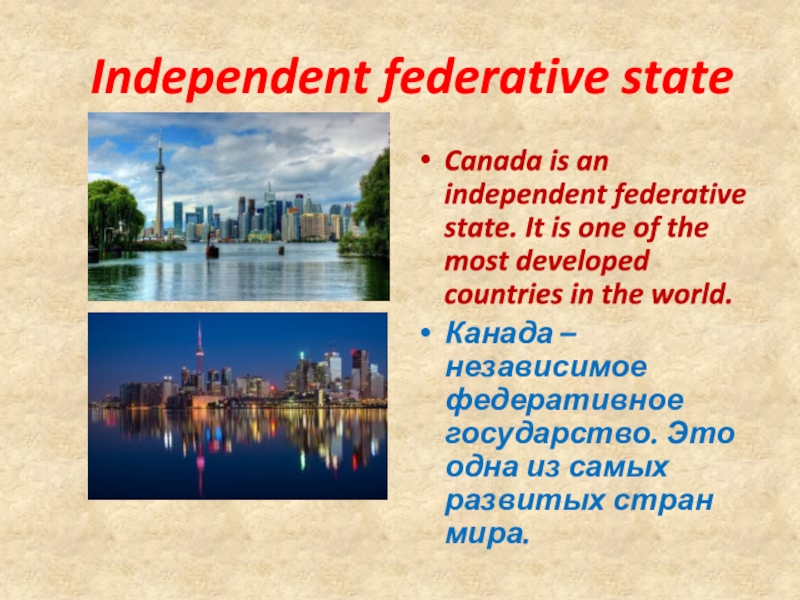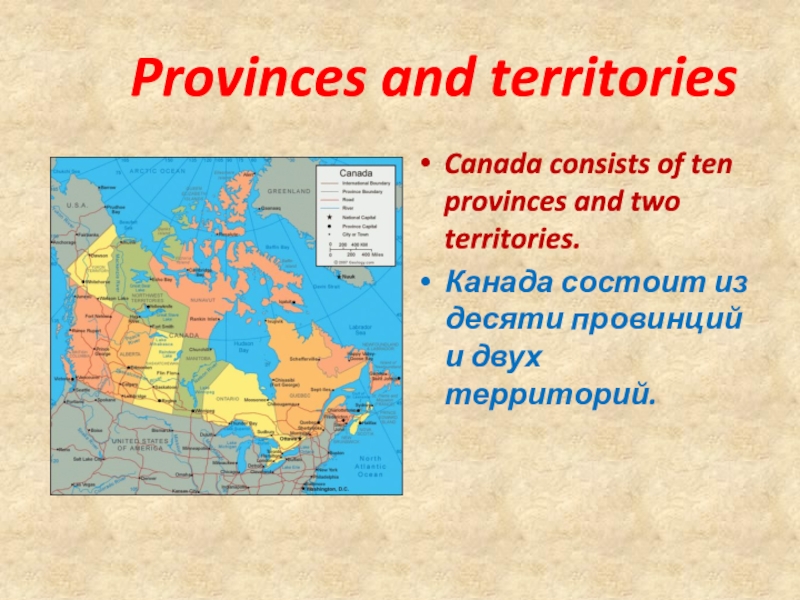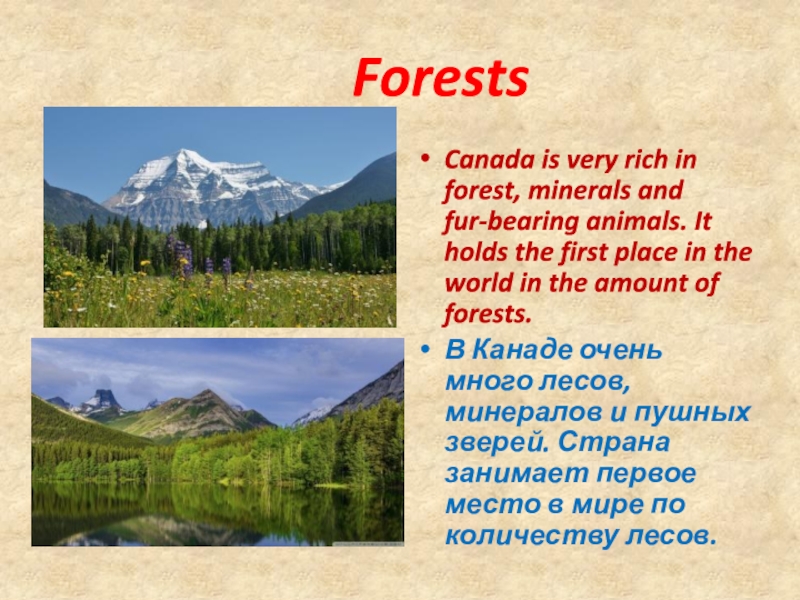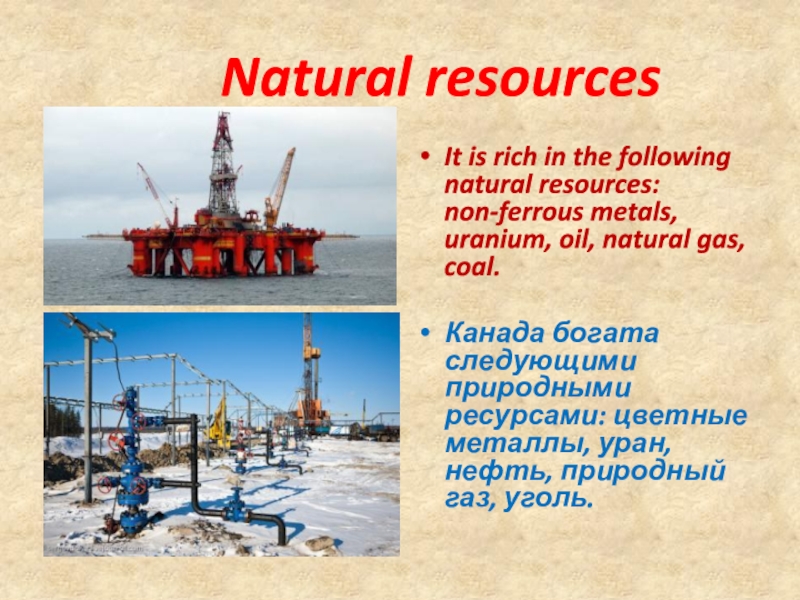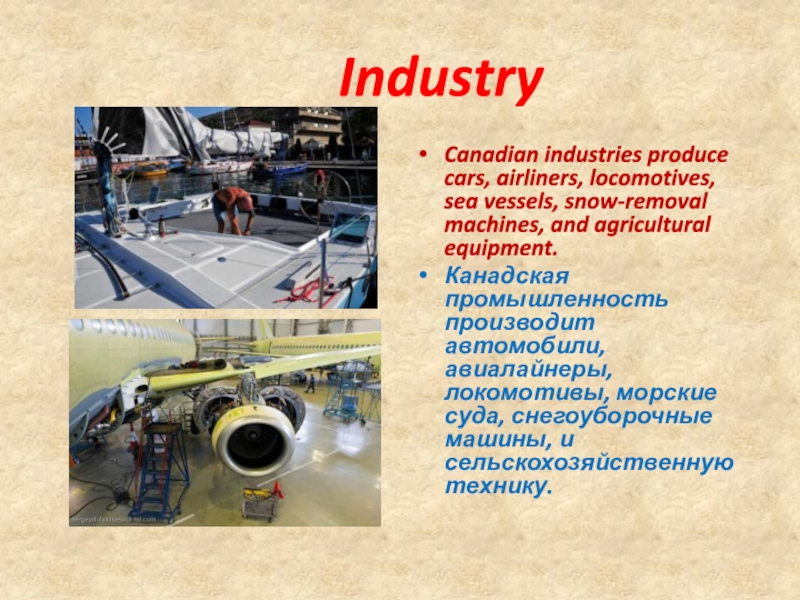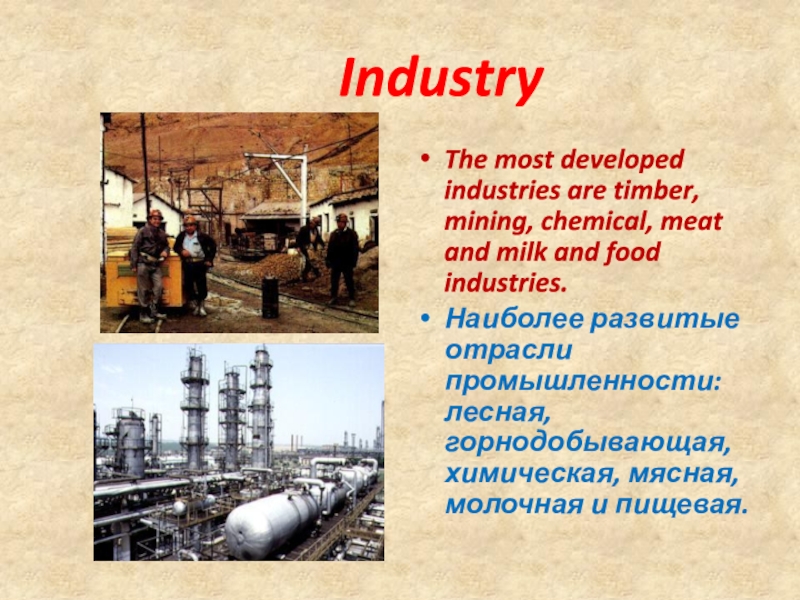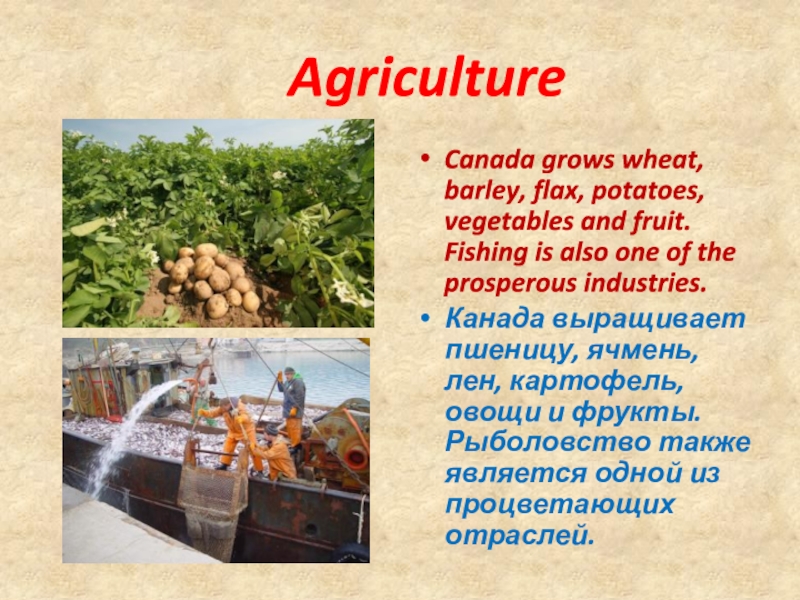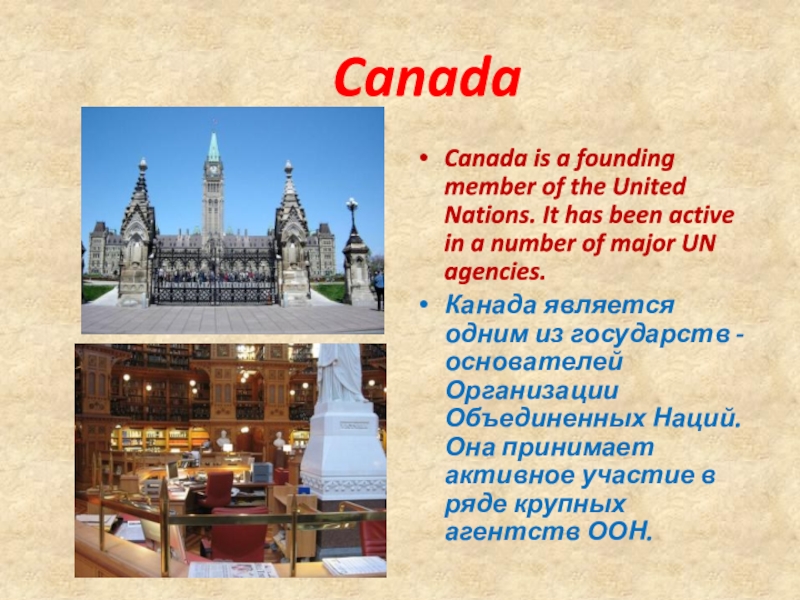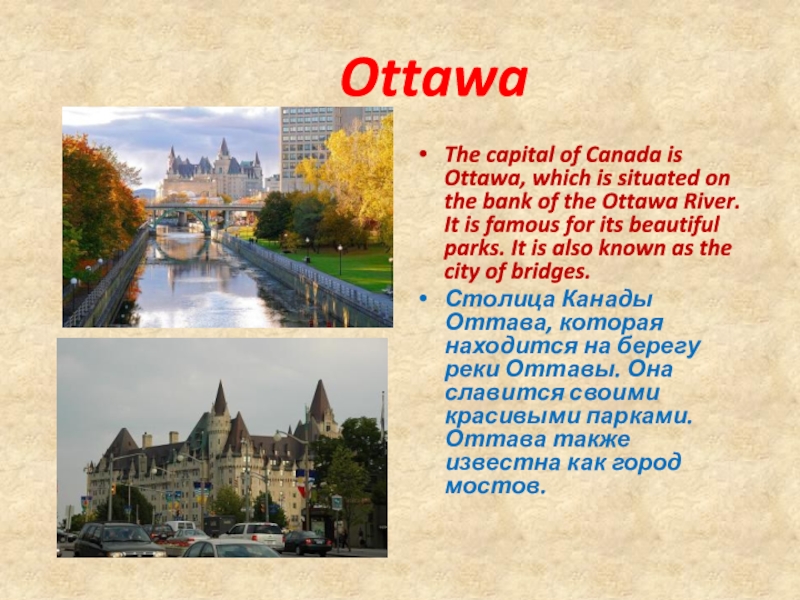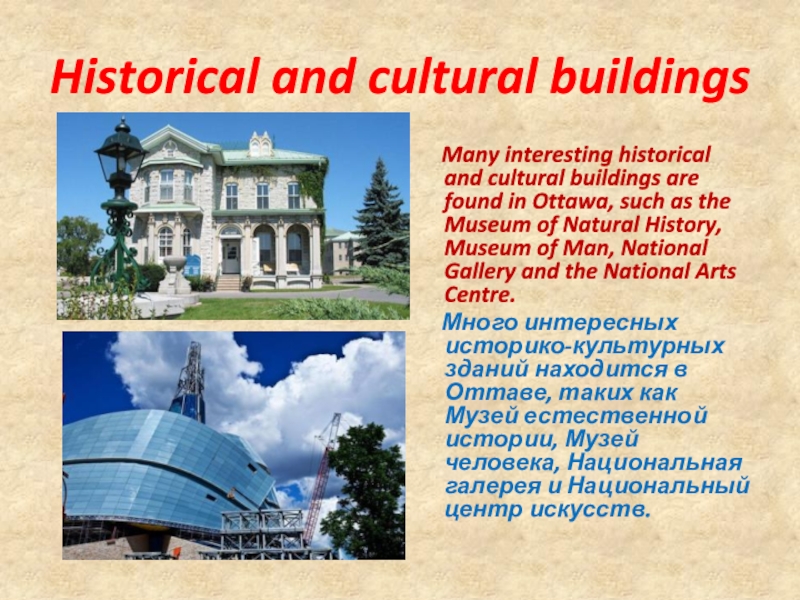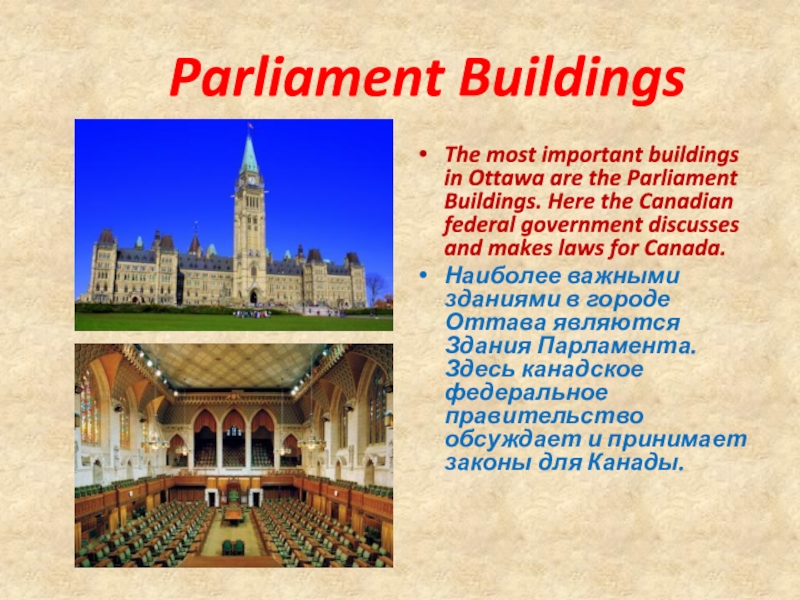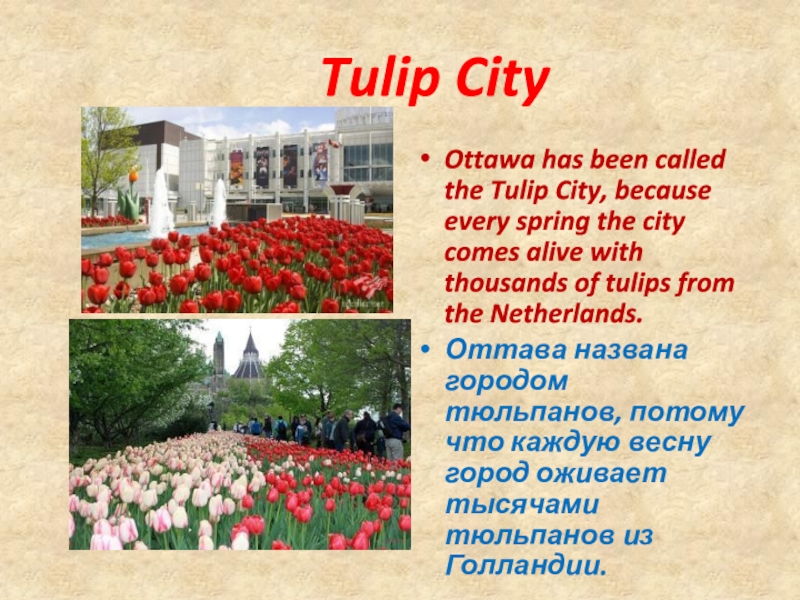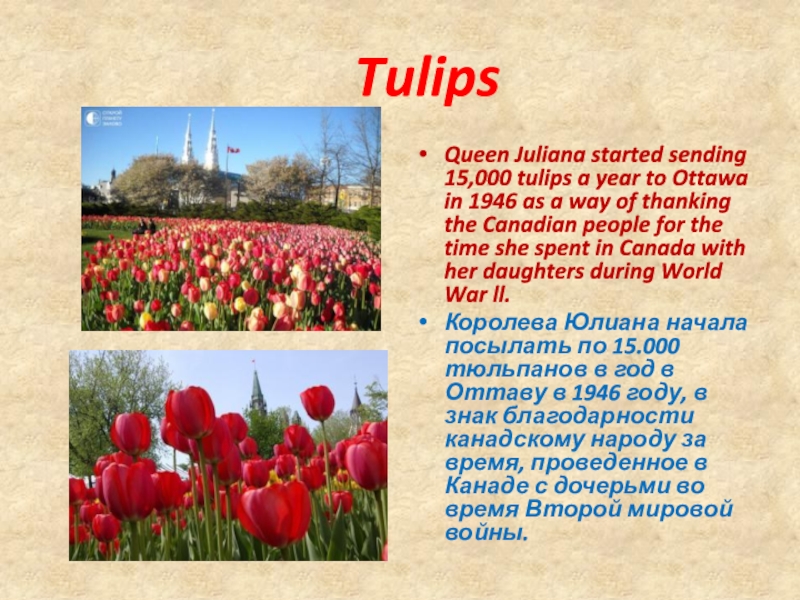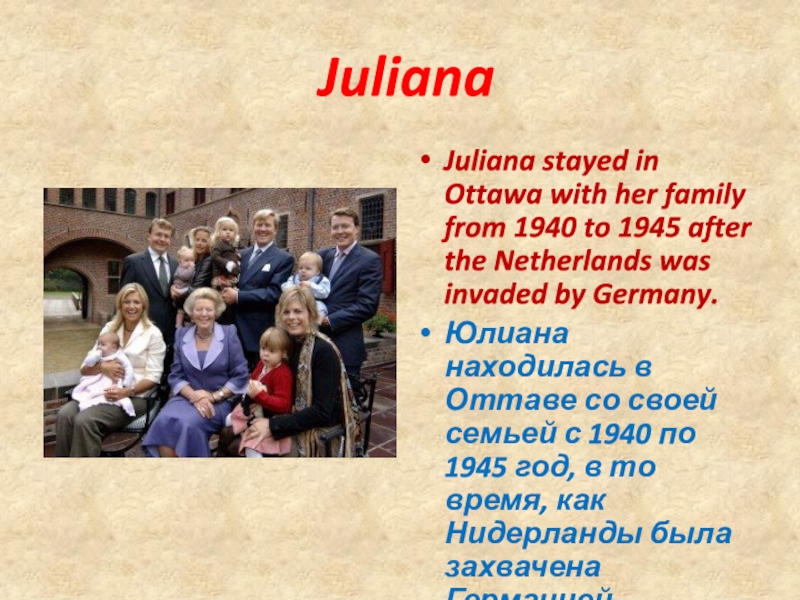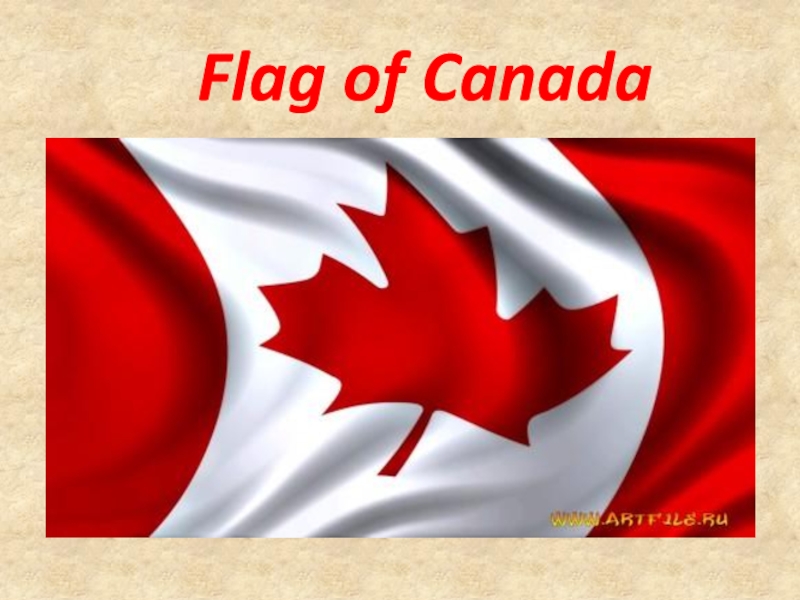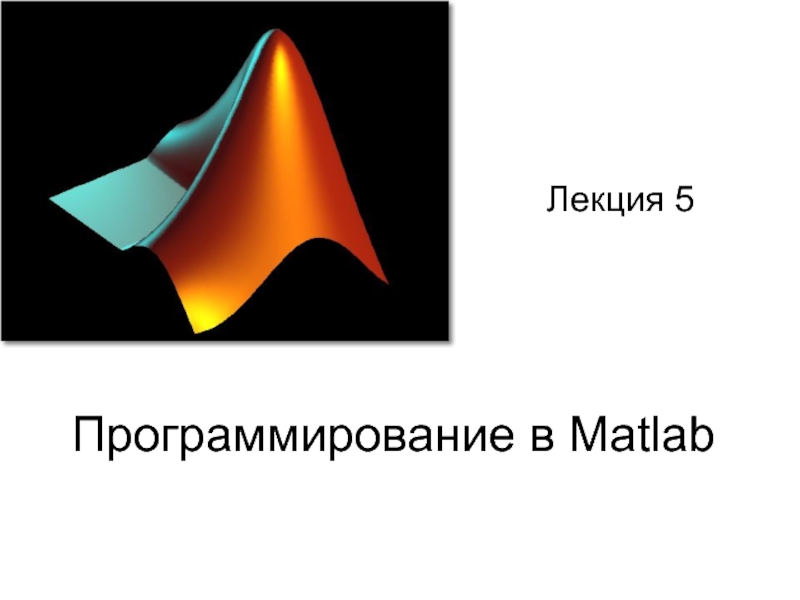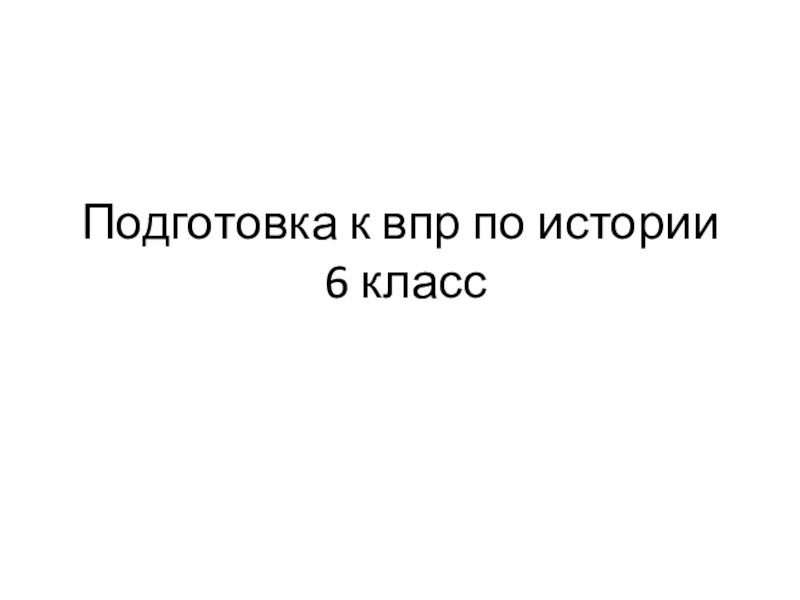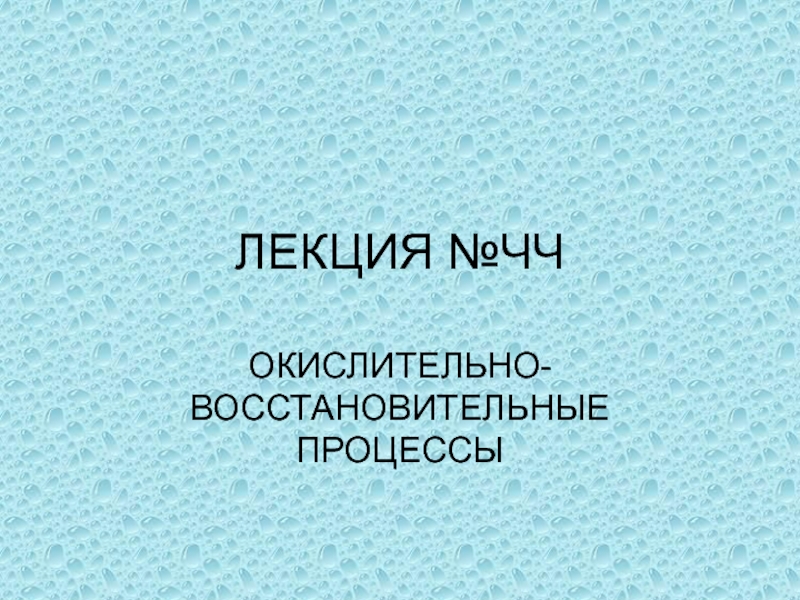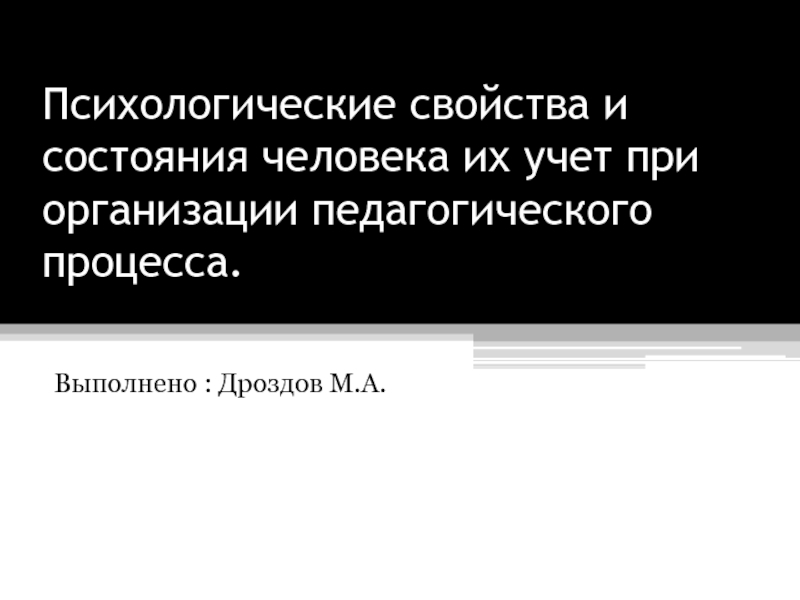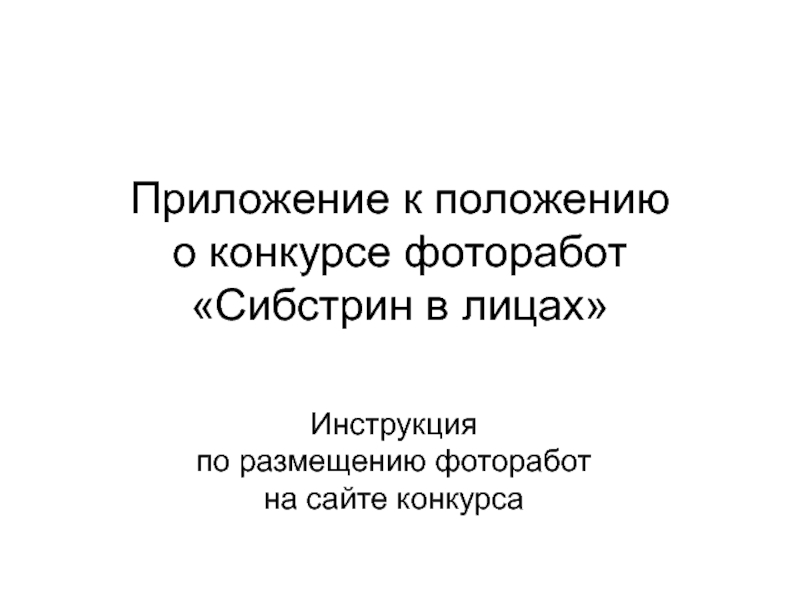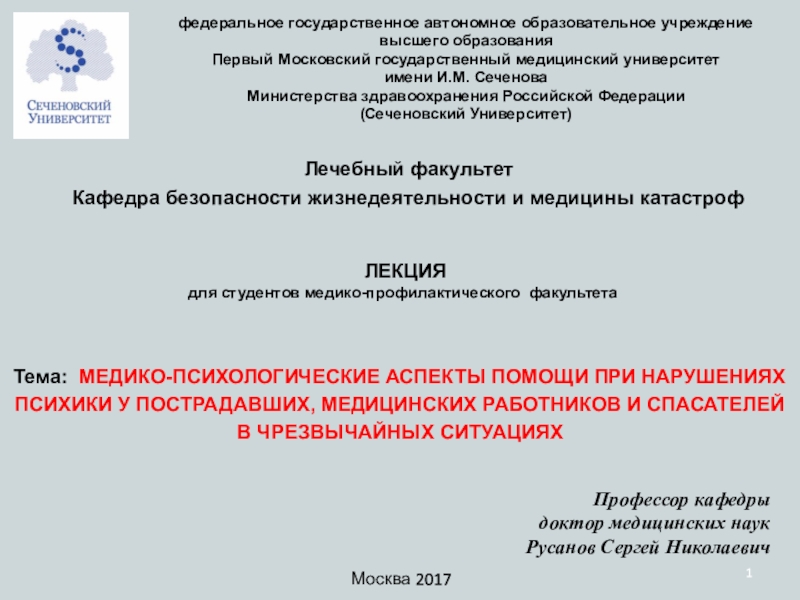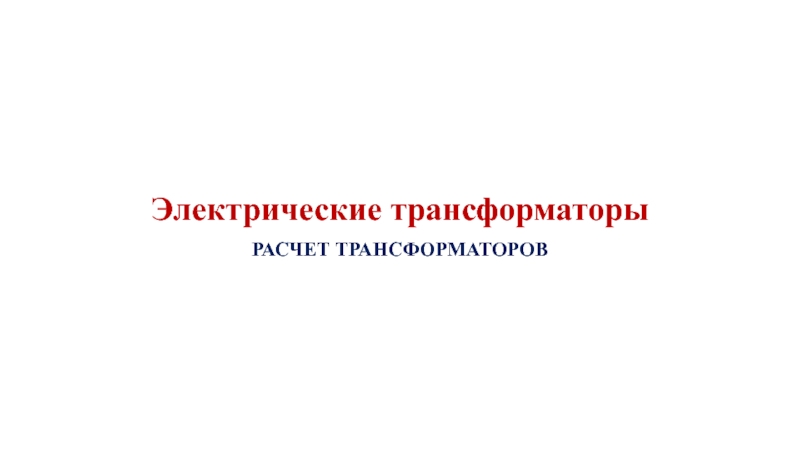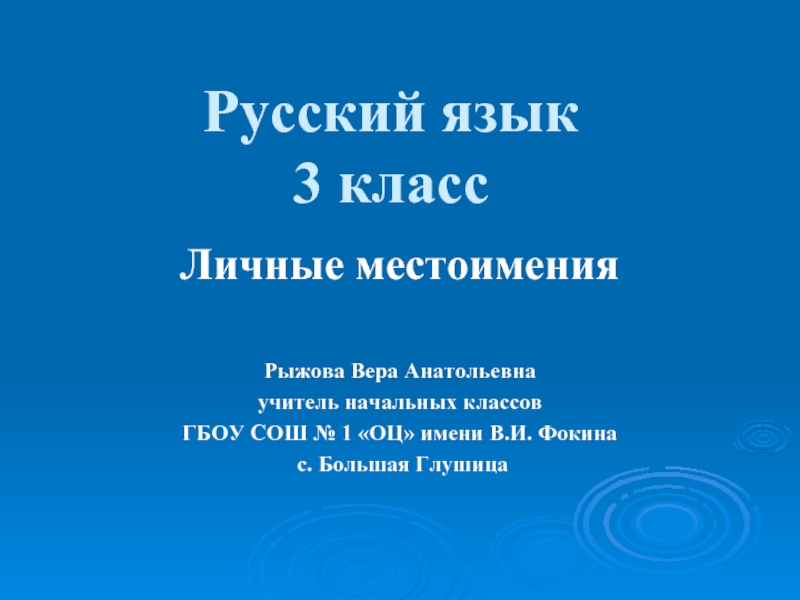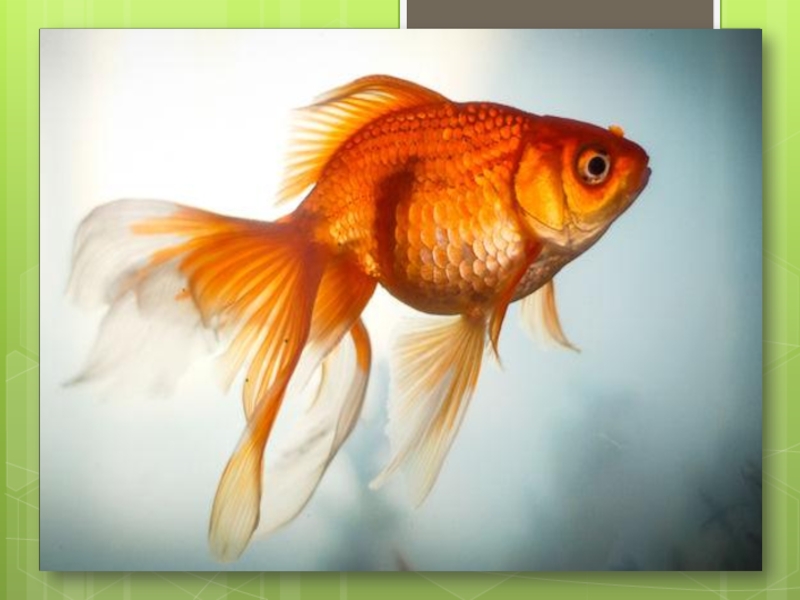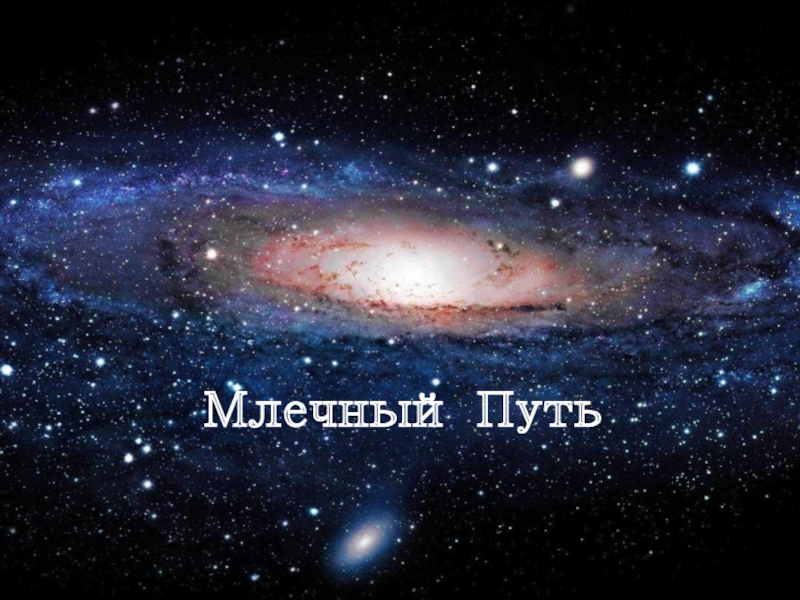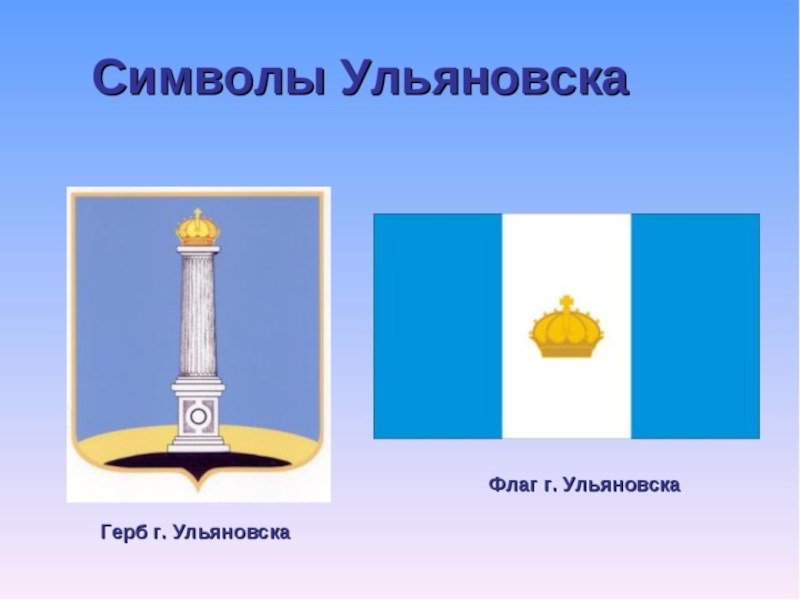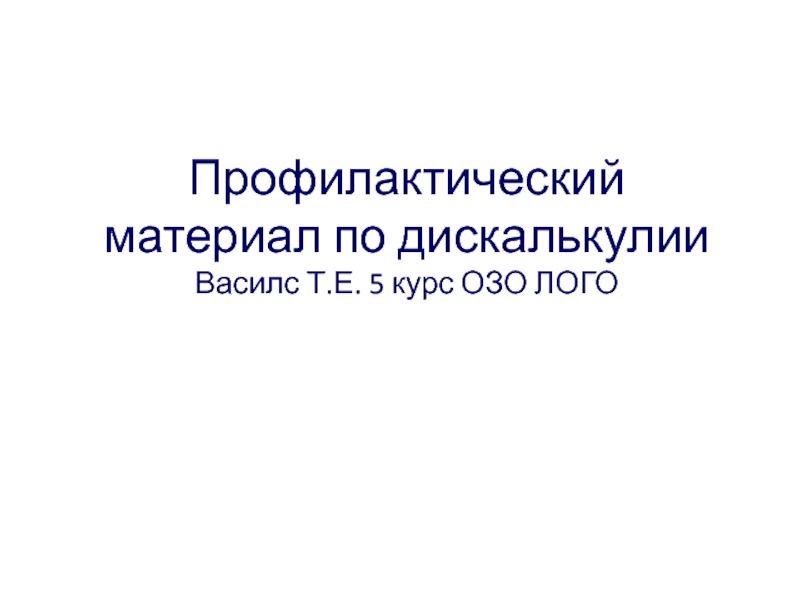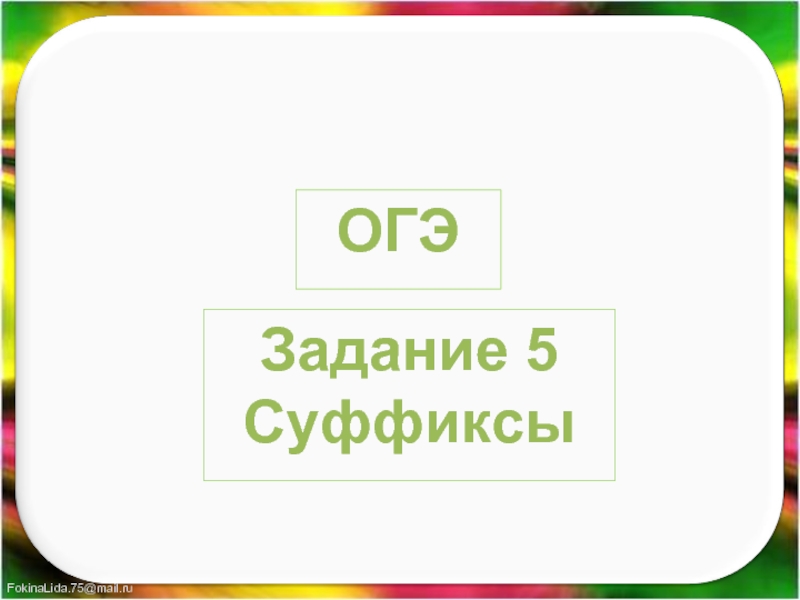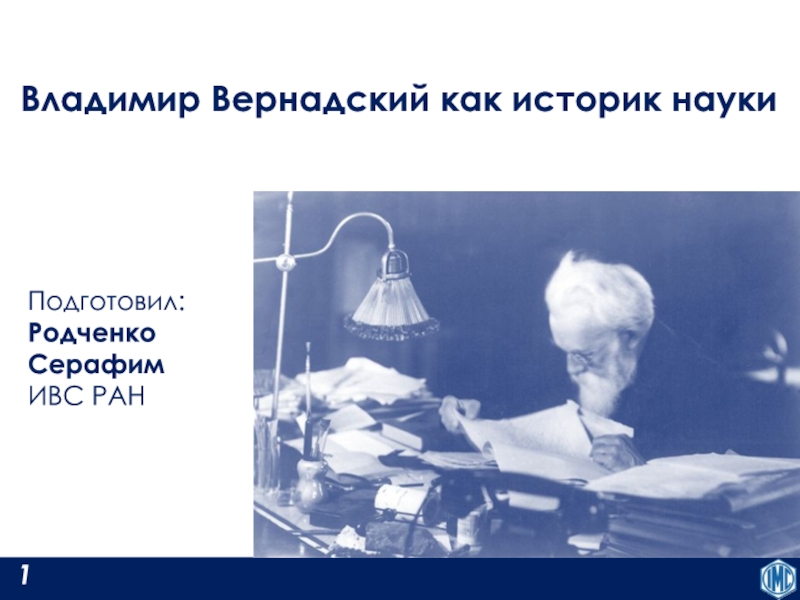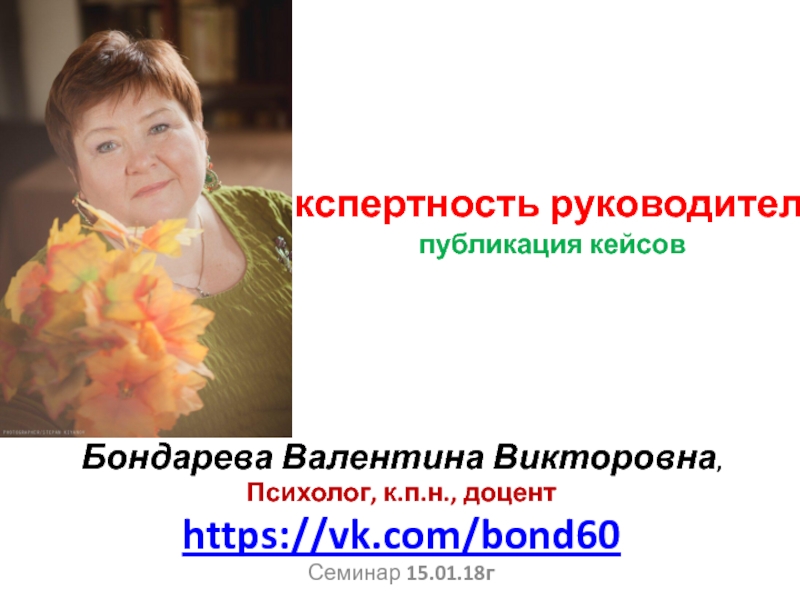Разделы презентаций
- Разное
- Английский язык
- Астрономия
- Алгебра
- Биология
- География
- Геометрия
- Детские презентации
- Информатика
- История
- Литература
- Математика
- Медицина
- Менеджмент
- Музыка
- МХК
- Немецкий язык
- ОБЖ
- Обществознание
- Окружающий мир
- Педагогика
- Русский язык
- Технология
- Физика
- Философия
- Химия
- Шаблоны, картинки для презентаций
- Экология
- Экономика
- Юриспруденция
Canada
Содержание
- 1. Canada
- 2. CanadaCanada is situated in the
- 3. Area of CanadaCanada has
- 4. OceansIts western coast is washed
- 5. TerritoryThe country is very big and
- 6. Types of land
- 7. IslandsThere are many islands
- 8. MountainsThe Rocky Mountains and the
- 9. MountainsThe Western Cordillera is famous
- 10. WaterWater is everywhere in Canada.
- 11. LakesCanada is a country of
- 12. LakesThe province of Ontario alone
- 13. Independent federative stateCanada is an independent
- 14. Provinces and territoriesCanada consists
- 15. ForestsCanada is very rich
- 16. Natural resourcesIt is rich
- 17. IndustryCanadian industries produce cars,
- 18. IndustryThe most developed industries
- 19. AgricultureCanada grows wheat, barley, flax,
- 20. Official languagesOfficial languages of
- 21. CanadaCanada is a founding member
- 22. OttawaThe capital of Canada
- 23. Historical and cultural buildings Many
- 24. Parliament BuildingsThe most important buildings
- 25. Tulip CityOttawa has been
- 26. TulipsQueen Juliana started sending 15,000
- 27. JulianaJuliana stayed in Ottawa with her
- 28. Flag of Canada
- 29. Скачать презентанцию
CanadaCanada is situated in the northern part of the continent of North America. It does not include Alaska.Канада расположена в северной части континента Северная Америка. Она не включает в
Слайды и текст этой презентации
Слайд 2 Canada
Canada is situated in the northern part of
the continent of North America. It does not include Alaska.
расположена в северной части континента Северная Америка. Она не включает в себя Аляску.Слайд 3 Area of Canada
Canada has an area of
nearly ten million square kilometers. It is the second largest
country in the world after Russia.Площадь Канады около 10 млн. кв. километров. Это вторая по величине страна мира после России.
Слайд 4 Oceans
Its western coast is washed by the Pacific
Ocean and its eastern coast is washed by the Atlantic
Ocean. In the North it is washed by the Arctic Ocean.Ее западное побережье омывается Тихим океаном, восточное – Атлантическим. На севере страну омывает Северный Ледовитый океан.
Слайд 5 Territory
The country is very big and occupies the territory
from the Great Lakes in the South to the Arctic
Circle in the North.Страна очень большая и занимает территорию от Великих озер на юге до Северного полярного круга на севере.
Слайд 6 Types of land
It has
many different types of land: arctic tundra, mountains, forests, central
plains and vast prairies, high plains, fjords, lakes and rivers, islands and even a desert.Она имеет много различных типов земли: арктическая тундра, горы, леса, центральные равнины и обширные прерии, высокие равнины, фьорды, озера и реки, острова и, даже, пустыню.
Слайд 7 Islands
There are many islands in the North
of the country. The best known island is Victoria.
На севере
страны много островов. Самый известный остров Виктория. Слайд 8 Mountains
The Rocky Mountains and the Coast Mountains run
along the Pacific coast.
Скалистые и прибрежные горы протянулись вдоль побережья
Тихого океана.Слайд 9 Mountains
The Western Cordillera is famous for the country’s
highest mountain, Mount Logan, 5,951 meters high. It is situated
on the territory of Yukon.Западные Кордильеры славятся самой высокой горой страны, горой Логан. Ее высота 5.951 метр. Она расположена на территории Юкон.
Слайд 10 Water
Water is everywhere in Canada. This country contains
more freshwater than any other country — 25 per cent
of the world’s resources.Вода в Канаде повсюду. В этой стране содержится пресной воды больше, чем в любой другой стране - 25 процентов мировых ресурсов.
Слайд 11 Lakes
Canada is a country of lakes. It has
seven of the world’s largest lakes.
Канада – страна озер.
На ее территории находятся семь самых больших озер мира.Слайд 12 Lakes
The province of Ontario alone has 400,000 lakes,
big and small, so many that we can hardly count
them.В одной провинции Онтарио имеется 400.000 озер, больших и малых, так много, что мы вряд ли можем их посчитать.
Слайд 13 Independent federative state
Canada is an independent federative state. It
is one of the most developed countries in the world.
Канада
– независимое федеративное государство. Это одна из самых развитых стран мира.Слайд 14 Provinces and territories
Canada consists of ten provinces
and two territories.
Канада состоит из десяти провинций и двух территорий.
Слайд 15 Forests
Canada is very rich in forest, minerals
and fur-bearing animals. It holds the first place in the
world in the amount of forests.В Канаде очень много лесов, минералов и пушных зверей. Страна занимает первое место в мире по количеству лесов.
Слайд 16 Natural resources
It is rich in the following
natural resources: non-ferrous metals, uranium, oil, natural gas, coal.
Канада богата
следующими природными ресурсами: цветные металлы, уран, нефть, природный газ, уголь.Слайд 17 Industry
Canadian industries produce cars, airliners, locomotives, sea
vessels, snow-removal machines, and agricultural equipment.
Канадская промышленность производит автомобили, авиалайнеры,
локомотивы, морские суда, снегоуборочные машины, и сельскохозяйственную технику.Слайд 18 Industry
The most developed industries are timber, mining,
chemical, meat and milk and food industries.
Наиболее развитые отрасли промышленности:
лесная, горнодобывающая, химическая, мясная, молочная и пищевая. Слайд 19 Agriculture
Canada grows wheat, barley, flax, potatoes, vegetables and
fruit. Fishing is also one of the prosperous industries.
Канада выращивает
пшеницу, ячмень, лен, картофель, овощи и фрукты. Рыболовство также является одной из процветающих отраслей.Слайд 20 Official languages
Official languages of Canada are English
and French. Nearly 60 percent of the population speak English
and 27 percent speak French.Официальные языки в Канаде - английский и французский. Почти 60 процентов населения говорит по-английски и 27 процентов говорят по-французски.
Слайд 21 Canada
Canada is a founding member of the United
Nations. It has been active in a number of major
UN agencies.Канада является одним из государств - основателей Организации Объединенных Наций. Она принимает активное участие в ряде крупных агентств ООН.
Слайд 22 Ottawa
The capital of Canada is Ottawa, which
is situated on the bank of the Ottawa River. It
is famous for its beautiful parks. It is also known as the city of bridges.Столица Канады Оттава, которая находится на берегу реки Оттавы. Она славится своими красивыми парками. Оттава также известна как город мостов.
Слайд 23Historical and cultural buildings
Many interesting historical and
cultural buildings are found in Ottawa, such as the Museum
of Natural History, Museum of Man, National Gallery and the National Arts Centre.Много интересных историко-культурных зданий находится в Оттаве, таких как Музей естественной истории, Музей человека, Национальная галерея и Национальный центр искусств.
Слайд 24 Parliament Buildings
The most important buildings in Ottawa are
the Parliament Buildings. Here the Canadian federal government discusses and
makes laws for Canada.Наиболее важными зданиями в городе Оттава являются Здания Парламента. Здесь канадское федеральное правительство обсуждает и принимает законы для Канады.
Слайд 25 Tulip City
Ottawa has been called the Tulip
City, because every spring the city comes alive with thousands
of tulips from the Netherlands.Оттава названа городом тюльпанов, потому что каждую весну город оживает тысячами тюльпанов из Голландии.
Слайд 26 Tulips
Queen Juliana started sending 15,000 tulips a year
to Ottawa in 1946 as a way of thanking the
Canadian people for the time she spent in Canada with her daughters during World War ll.Королева Юлиана начала посылать по 15.000 тюльпанов в год в Оттаву в 1946 году, в знак благодарности канадскому народу за время, проведенное в Канаде с дочерьми во время Второй мировой войны.
